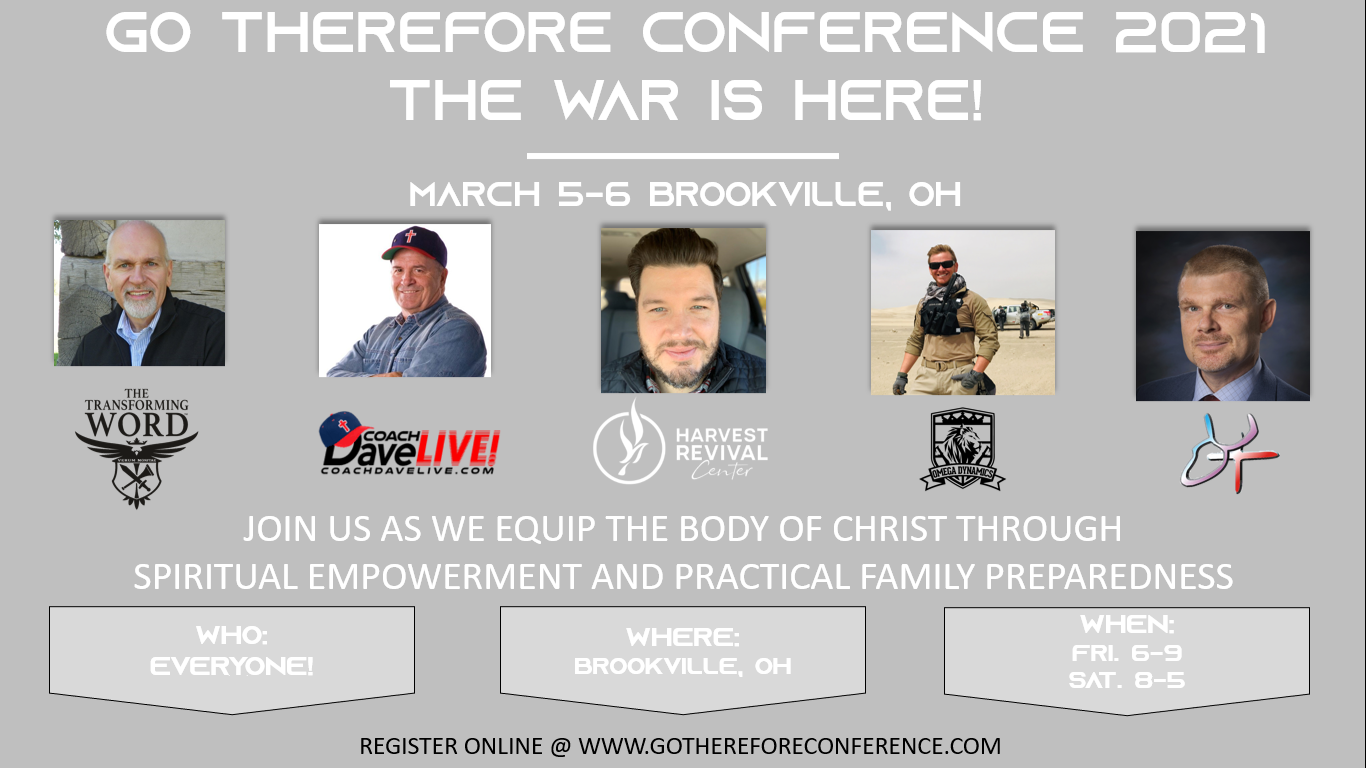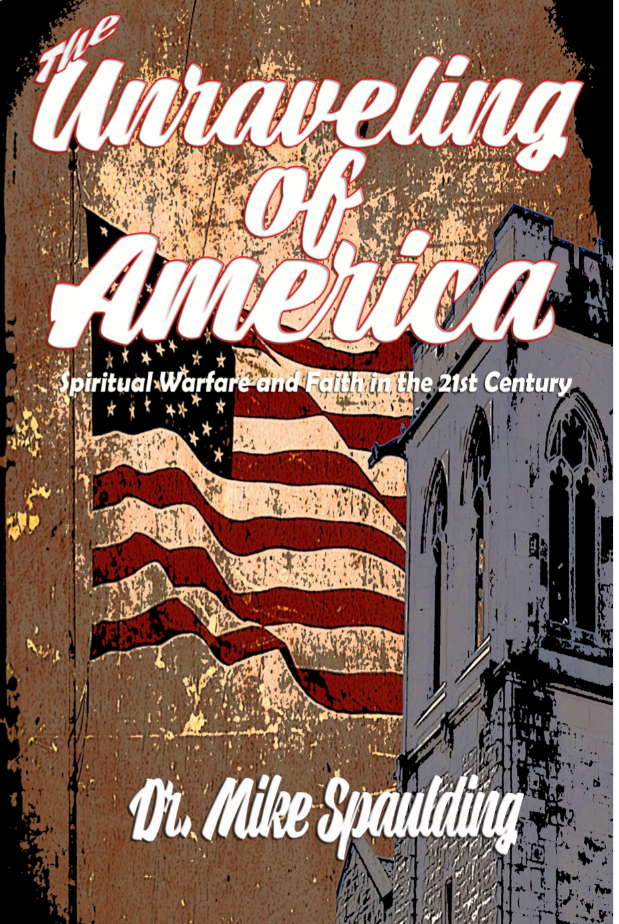Free Grace Theology Has Emerged over the Last 35 Years
Although Free Grace theology goes back to the Lord Jesus and to His Apostles—and it was certainly evident in the seventeenth through nineteenth centuries as well (e.g., Glas, Sandeman, Darby, Mackintosh, Lange, Govett)—it has really taken shape in the last 35 years. The Gospel Under Siege by Zane Hodges came out in 1981 and it helped to define some of the major issues. But even today, there is still more work to be done to nail down all of the particulars of Free Grace theology.
Free Grace Theology Summarized
Before we look at the particulars, here is a summary in one (long) sentence:
Free Grace theology is the view that 1) everlasting life is a free gift (which the Lord Jesus fully paid for by His death on the cross for our sins) which is received by faith alone in Christ alone, apart from works of any kind; 2) that assurance of one’s eternal destiny is based solely on believing Jesus’ promise to the believer and not at all on our works or on our feelings; and 3) that all people, believers and unbelievers, are accountable for their works, receive recompense for what they do in this life, and will be judged at the end of the age (in two separate judgments) to determine degrees of reward (believers) or degrees of torment (unbelievers) in the life to come, but not to determine their eternal destinies.
First Essential: Faith Alone
Everlasting life is a free gift (which the Lord Jesus fully paid for by His death on the cross for our sins) which is received by faith alone in Christ alone, apart from works of any kind.
Not faith plus works. That is the Arminian position.
Not faith that works. That is what many in the Reformed or 5-Point Calvinist camp say.
Both believe that perseverance in good works is required to make it to heaven. Arminians say if a believer fails to persevere in good works, then he loses eternal life and he goes to hell. Many (but not all) Calvinists say if a believer fails to persevere in good works, then he proves he wasn’t a “true believer” in the first place and he goes to hell.
There isn’t any practical difference in these views. They both end in doubt.
Arminians can never be sure of their salvation. Neither can Calvinists. Even though Calvinists say you can’t lose eternal life, since failure to persevere proves one didn’t have “true faith” in the first place, to the lapsed Calvinist it will seem that they had then lost their salvation.
The Free Grace position has as its first characteristic that simply by believing in Jesus a person has eternal life. It advocates for faith alone, in Christ alone, nothing added, and no strings attached.
Faith in Christ is intellectual assent. Stripped of its pejorative connotation, “intellectual assent” is a good definition of what faith is.
For example, do you believe that George Washington was the first President of the United States? If you do, then you know what faith is from a Biblical perspective.
There is no commitment, no decision of the will, no turning from sins, and no works that are part of faith in Christ. If you are convinced or persuaded that what He promised is true, then you believe in Him. Faith is passive. It is simply taking Jesus at His word.
But what specifically must we believe about Jesus to have eternal life?
The specific object of saving faith is Jesus’ promise of eternal life (cf. John 3:16; 6:47; 11:26). These passages all say that whoever believes in Jesus Christ has everlasting life. When we believe that, we believe in Jesus.
While Free Grace people believe in and proclaim the cross and the resurrection, we do not say that all who believe Jesus died for our sins and rose again have eternal life. Why not? Because someone can believe those things about Jesus and also believe in salvation by works. That is not a saving message.
In order to have saving faith, a person must believe that everlasting life (or equivalent ideas like justification, eternal relationship with God, guaranteed eternity with Jesus in His kingdom, or once saved, always saved) is by faith alone in Christ alone, apart from works. It is not enough to believe that faith in Jesus is one condition among many. One must believe that faith in Jesus is the only condition of eternal life.
Thus turning from sins, commitment, obedience, and perseverance are not faith and thus aren’t conditions of eternal life. Those are all types of works. Works have their proper place in the Christian life, but only after you have believed in Jesus.
The Free Grace position is very clear that turning from sins is not a synonym for faith nor a condition of eternal life. Note that well.
(Some in the Free Grace camp believe that repentance is a condition of everlasting life, but they define repentance as a change of mind about Christ, not turning from sins. In essence that view sees repentance as a synonym for faith.)
Perseverance in faith and good works is not a condition of eternal life. Most people say that only those who persevere in faith and good works will make it into the kingdom. That is not the Free Grace position.
It is possible to believe in Christ and yet sin. Indeed, all Christians sin daily (Rom 3:23; 1 John 1:8, 10). The Scriptures show that failure, even major failure, is possible in the Christian life. First Corinthians 3:3 shows that if you look at the works of some believers, you can’t distinguish them from the works of unbelievers. First Corinthians 5:1-5 shows that the works of some believers are actually worse than the works of unbelievers. Luke 19:20-26, Jas 5:19-20, and 2 Tim 2:11-13 show that some believers do not persevere.
The point is, perseverance is not guaranteed. Commitment and obedience and perseverance are all necessary to please God and to have fullness of life, but they are not conditions of everlasting life. Belief in Jesus is the sole condition.
Second Essential: Assurance
Assurance of one’s eternal destiny is found solely in believing Jesus’ promise to the believer and not at all in our works or feelings.
Believers should be assured of their eternal life (1 John 5:13). But most Evangelicals believe that good works are indispensable for assurance. That means a brand-new Christian can’t be sure where he is going when he dies since he hasn’t produced any good works yet. Indeed no Christian could be sure since there is no checklist in Scripture that indicates how many works are necessary to show that someone is born again. No one could be sure that his works were good enough to prove he was born again. And even if one was highly confident in his works now (which by itself is a bad thing in terms of assurance, Matt 7:21-23), he could never be sure that he would persevere (1 Cor 9:27).
Because most Evangelicals believe that good works are indispensable for assurance, they deny that certainty of one’s eternal destiny is possible prior to death. After all, if only those who persevere will make it into the kingdom, and if we can’t be sure until death that we will persevere, then we can’t be sure if we are kingdom bound till we die.
Free Grace theology rejects that way of thinking. We deny that assurance is found inside of us, in a subjective judgment of our works. Rather, the only condition of assurance is found outside of us, by believing the promise that Jesus guarantees eternal life to all who simply believe in Him for it.
In John 11:26 Jesus asked Martha, “Do you believe this?” She said “Yes, Lord.” She didn’t look to her works. She didn’t wonder about her future works or whether she would persevere in the future or not. She knew that didn’t impact her belief or her eternal life.
Simply put, assurance is of the essence of saving faith. This means that whenever a person believes in Jesus, he knows for sure he has everlasting life.
Or, saying it the other way, if a person has never been sure that he has eternal life simply by faith in Jesus, he has not yet been born again.
However, that does not mean that someone who currently lacks assurance, or who can’t remember if they ever had assurance, is not born again.
The question is whether they ever had assurance. For if someone has never had assurance of eternal life, that means they never believed Jesus’ promise that believers have everlasting life as a present possession (John 3:16). And if someone has never believed that—i.e., if they have not believed in Jesus’ promise of eternal life—then they are not born again! In fact, if you ask them why they believe eternal life can be lost, their answer will usually show that they actually believe in salvation by works.
Free Grace theology proclaims the truth that assurance is not found by looking to our works or feelings, but in believing Jesus’ promise of life.
Third Essential: Accountability
All people—believers and unbelievers—are accountable for their works, receive recompense for what they do in this life, and will be judged at the end of the age to determine degrees of reward (believers) or degrees of torment (unbelievers) in the life to come, but not to determine their eternal destinies.
A final vital element of Free Grace theology is the doctrine of accountability. People who emphasize faith apart from works are sometimes accused of antinomianism. But the grace of God is not a license to sin. It is a call to holiness. The question for the believer is this: what will you do with the everlasting life that God has given you? Will you glorify Him with your life?
The Bible is clear: “Whatever a man sows, that he will also reap” (Gal 6:7). Whether believer or unbeliever, we reap what we sow. There is no escaping that because God is our judge and He sees all. But the reason why all people will be judged according to their works is not so that God can determine who gets into the kingdom.
Believers will be judged according to our works, before the Millennium, at the Judgment Seat of Christ, in order to determine our degrees of rewards in the life to come. Will we rule with Christ? If so, how much authority will He grant us? Will we have the right to eat the twelve fruits of the tree of life? Will we get special clothes that mark us out as having been overcomers in this life? How abundant will our life be in the life to come? According to the Free Grace theology there is no “final judgment” of believers to determine our eternal destiny. Believers “shall not come into judgment” (John 5:24). Eternal destiny is a done deal the moment a person believes in Jesus for everlasting life. John 3:18, 5:24, and 11:26 are all clear on this.
Unbelievers will be judged according to their works, after the Millennium, to determine their degree of suffering in the Lake of Fire. Even the judgment of unbelievers at the Great White Throne Judgment is not strictly to determine their eternal destinies. It is more to “announce” their eternal destinies and to announce their degree of punishment based on their deeds. According to Rev 20:15 the basis of being sent to the Lake of Fire is found in the Book of Life, not in the books of works: “Anyone not found written in the Book of Life was cast into the lake of fire.”
The doctrine of accountability explains one of the major motivations for a believer to live for Christ; namely, if we love Him, we want to please Him, and to have His blessings both now and in the life to come.
Ramifications of Free Grace Theology
Free Grace theology is life transforming.
First, by believing the Lord’s promise of life one gains everlasting life, which makes growth and fullness of life possible. There is no other way to be born again.
Second, as long as one believes the promise of life he remains sure of his eternal destiny. There is no other way to be certain of our eternal destiny.
Third, assurance produces love and gratitude, which are powerful motivators to live for God.
Fourth, knowing that our quality of life here and now depends on walking by faith is also highly motivating.
Fifth, knowing that one day the Lord will judge us and that the fullness of our eternal life forever will depend on the outcome of that judgment should move us daily to walk in the light of God’s Word.
Far from being something which pushes people to ungodliness, Free Grace theology drives people to holiness. Free Grace theology really works.
Conclusion: Eternal Life Is Truly Certain and Free for All Who Simply Believe in Jesus
Most people witness like this: “I don’t know where I’m going when I die. If you have 5 minutes I can help you not know where you are going when you die.” With a message like that, is it any wonder that most people find it hard to witness? That isn’t good news, is it?
People who hold to Free Grace theology truly have good news that they can share with friends, loved ones, and strangers alike. We can say, “I know I have eternal life right now and that I will always have eternal life no matter what. I know I’ll spend eternity in God’s kingdom. If you have a few minutes I can show you how you can be sure you have eternal life now and forever.”
Only the Free Grace position is truly good news. Only we actually believe in sola fide, by faith alone. Only we accurately proclaim the ramifications of the finished work of Christ on the cross. Let’s share this good news far and wide!
This article first appeared online at Faith Alone at the link below.
https://faithalone.org/grace-in-focus-articles/what-is-free-grace-theology/




